One of the foundations of a nutrient-dense whole food, plant-based diet is to eliminate as much oil as possible. But when I first read about oil-free salad dressings, I was skeptical.
What? Don’t we need fat to absorb all the nutrients in the salad?
Won’t they taste unsatisfying/too vinegary?
Is it really that big of a deal?
Surely extra-virgin olive oil is good for me, right?
So kept researching.
I found the practical and solid scientific arguments for no-oil salad dressings to be pretty convincing. While I still occasionally use a bottled vegan dressing that includes oil, I now make oil-free dressings for most of my salads.
Here are the top 5 reasons to switch to no-oil salad dressings.
#1 – The Calories and Fat
Oils are the most concentrated source of calories in our modern diet. A tablespoon of oil is 100% fat and 120 calories. For most individuals trying to lose weight by eating a healthy salad, the oil just adds unnecessary calories and fat.
Let’s say you have the healthy habit of eating a large salad every day. If you add salad dressing with the equivalent of only one tablespoon of oil to your salad each day, by the end of the week you will have eaten an unnecessary 840 calories and 98 grams of fat!
(Yes, a healthy plant-based diet has some fat. But these fats are best gotten from their whole food sources. More on this later.)
#2 – Oxidation
Polyunsaturated fats (vegetable oils) are susceptible to oxidation.
According to Dr. T. Colin Campbell, “Oxidation brings into consideration the formation of chemically reactive oxygen (as ‘reactive oxygen species, ROS) that causes aging and increases cardiovascular disease and cancer. For example, plant oils experimentally promote cancer much more than does saturated fats—that’s right. This is an experimental observation that is at least 30-40 years old.”
It’s important to note this applies to oils extracted from their whole food sources, and not to plant foods that contain natural amounts of oil along with powerful antioxidants that counteract any negative effects.
#3 – Increased Risk of Mortality
Dr. Pam Popper, an internationally recognized expert on nutrition, medicine and health, addresses the “healthy fats” confusion in her YouTube video.
The study that resulted in the recommendation to consume more poly-unsaturated fats in place of saturated fat turned out to be bad advice.
A new analysis shows that the poly unsaturated fat eaters had increased risk of all-cause mortality, cardiovascular mortality, and mortality from coronary artery disease, and the researchers noted this was consistent with a couple of other studies that showed the same thing.
“Oils may improve your biomarkers but it doesn’t change your health profile,” says Dr. Popper. “If you still have some of that stuff hanging around your house, get rid of it.”
Yes, it’s that serious.
#4 – Oil Isn’t a Health Food
You cannot make your food healthier by adding oil to it. Not even olive oil.
This might sound like a no-brainer, but some oils have the “halo effect.” Through media messages and marketing, we have been conditioned to feel good about consuming polyunsaturated vegetable oils, especially extra virgin olive oil, as if we are doing something good for our bodies.
While switching from animal-based saturated fat to polyunsaturated fats may improve cholesterol levels, this “benefit” does not result in a healthy body.
#5 – Whole Foods are Better
Most of the nutrition has been removed from vegetable and olive oils. You are getting just a small fraction of the nutrition that was in the whole food.
Dr. Michael Greger of NutritionFacts.org, says in his book How Not to Die, “think of oils as the table sugar of the fat kingdom.” As beets are processed down into sugar, corn is processed down into corn oil. Studies show that oils impair artery function and are worse than “empty” calories.
Smart oil-free salad dressings get their healthy fats from whole food sources.
- Seed and nut butters like tahini and almond butter are wonderful in Asian style dressings.
- Tofu contains a small amount of fat and is a common ingredient in ranch style dressings.
- Avocado and cashews are also popular components for their creamy texture.
These dressings can be tailored to your personal preferences. They can be creamy, spicy, sweet or savory. They allow the full flavor of your salad to really come through!
Ready to make some smart and truly healthy oil-free salad dressings? Download the Free “Oil-Free Salad Dressing Resource Guide” for handy links to over 60 no-oil dressings.

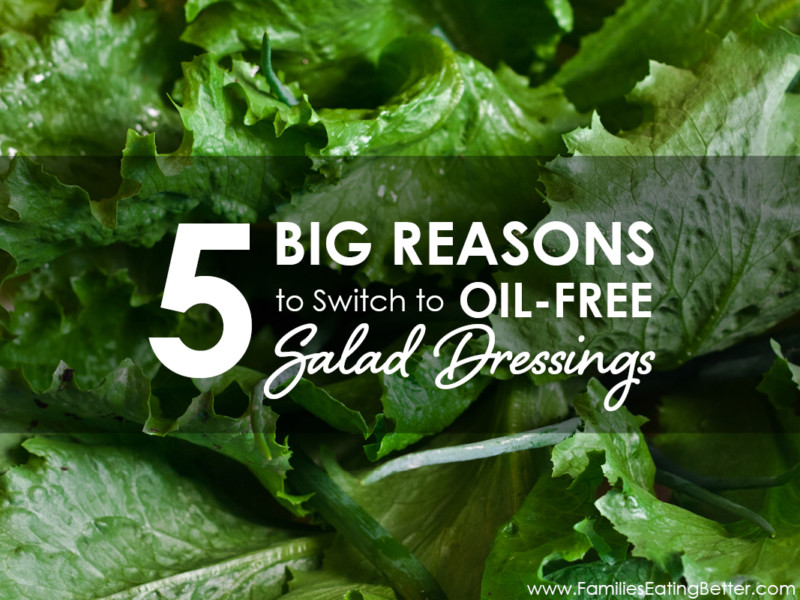

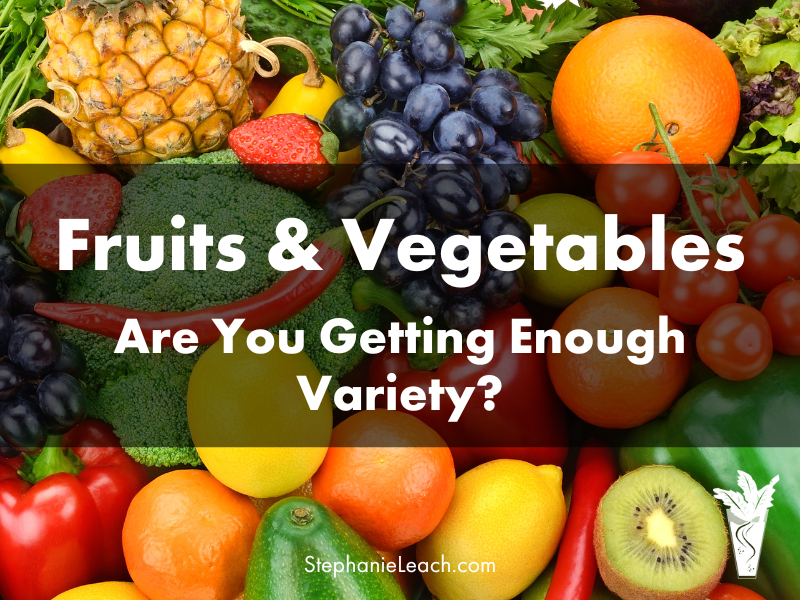
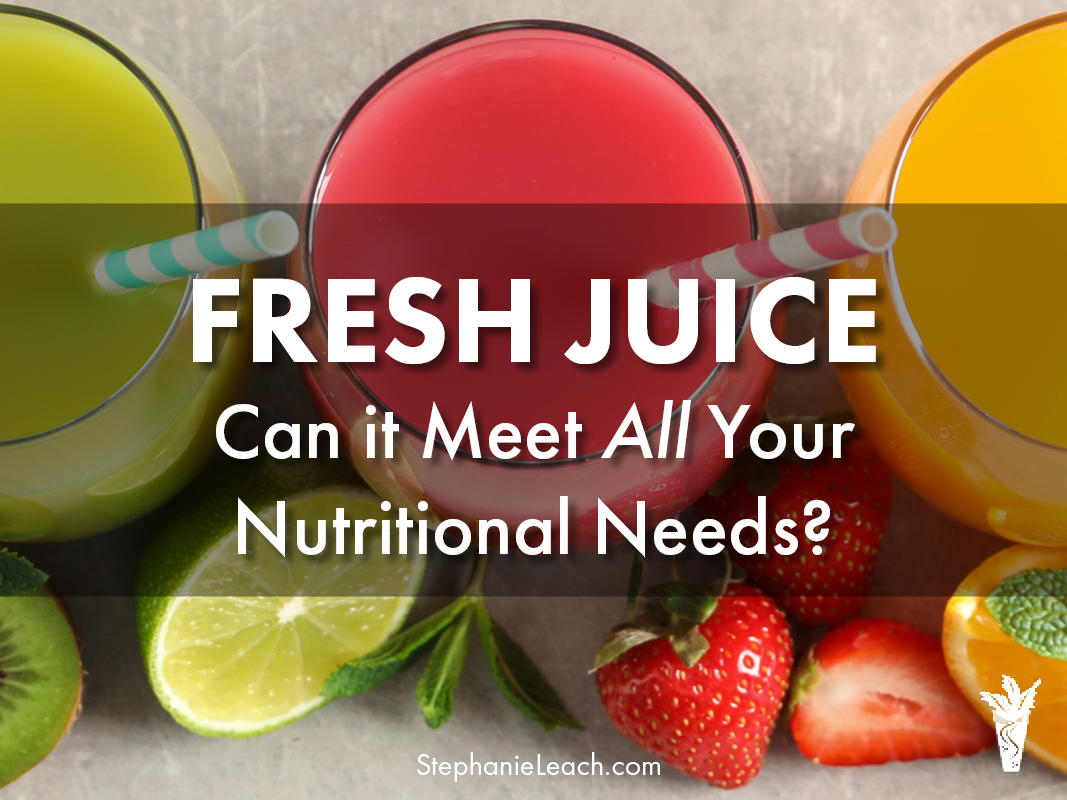
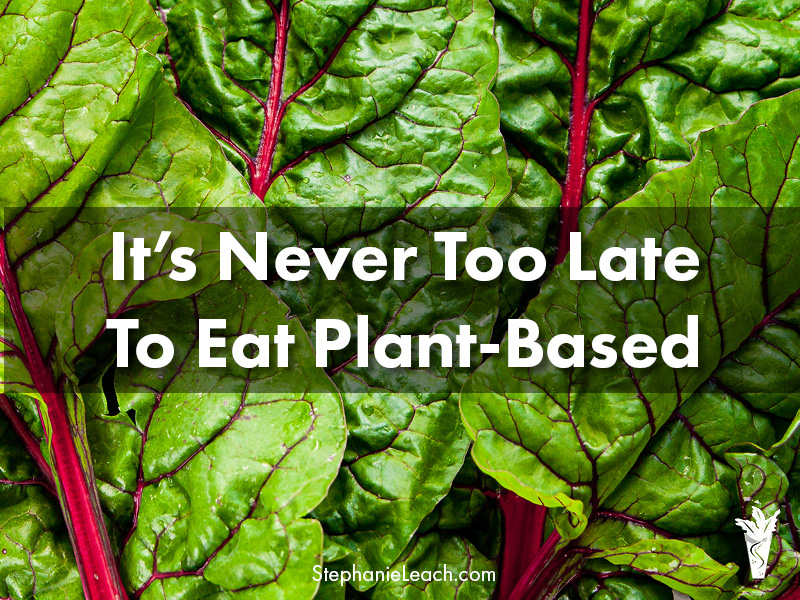
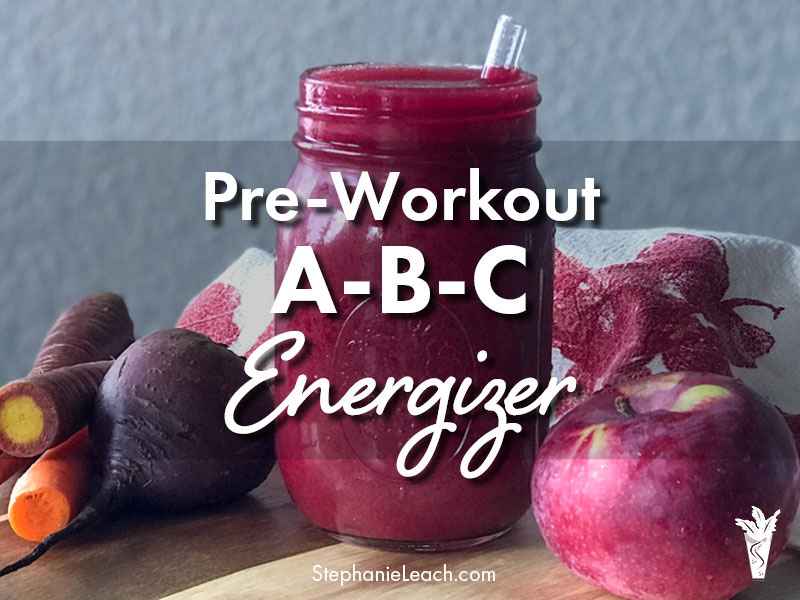
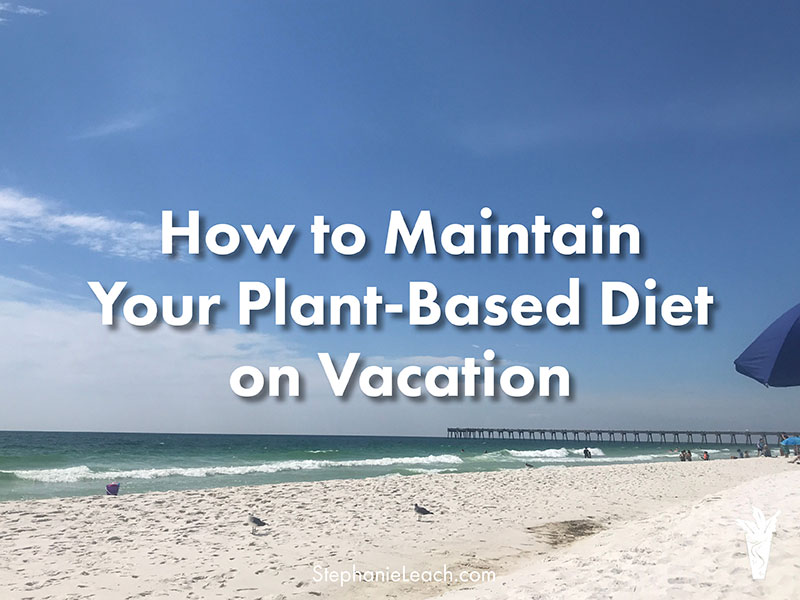
Leave A Comment